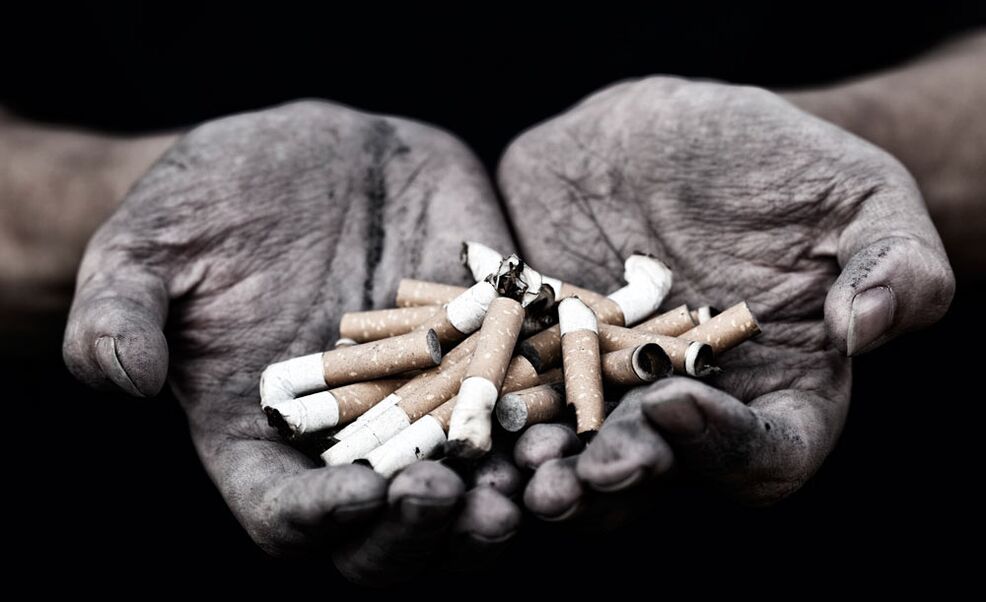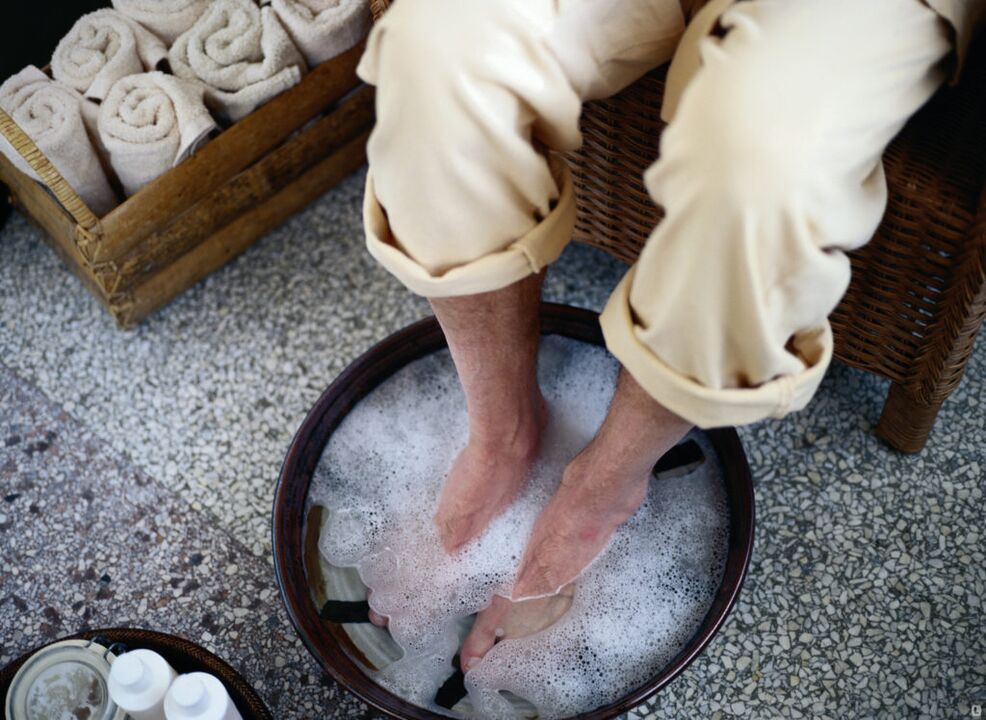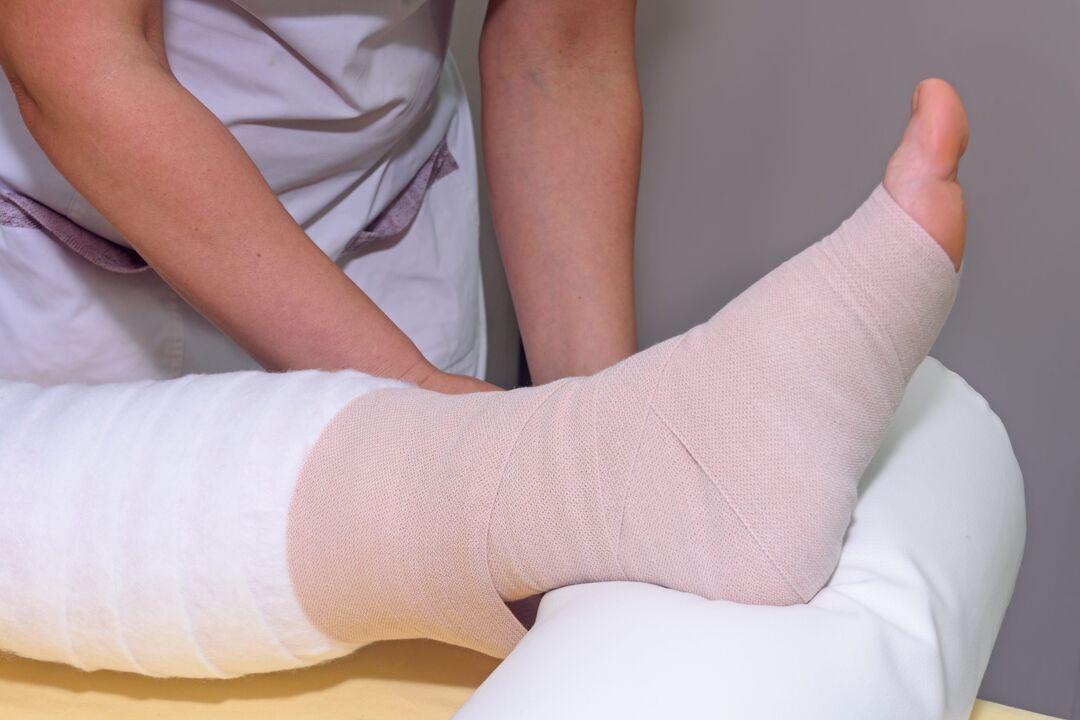There is a traditional opinion that varicose veins are a female disease. Carrying a child and giving birth, preferring shoes with high heels, professions that involve a long stay in a standing position, cause this problem among the fairer sex. But medical statistics show that the disease does not bypass men (especially over the age of 40) and is detected in one out of four cases to one degree or another.
Features of the disease in men
Varicose veins in the legs in men, as well as in women, are characterized by noticeable changes associated with the processes of stagnation of blood and the impossibility of its outflow from the extremities in the required volume. With the development of the disease, the veins acquire a knotty, uneven appearance, protrude above the surface of the skin. This is due to the fact that the walls of the vessels with a regular increase in the load on them become thinner, become less elastic, the internal lumen in them increases. The valves in the veins are unable to regulate blood flow. They lose the ability to close, due to which there is a reverse reflux of blood and some of its volume returns to the vessel, which leads to even greater expansion.
This process is characterized as venous insufficiency, the further development of the disease provokes thrombophlebitis. Varicose veins often spread to the groin. The specified dislocation of the pathology leads to congestion in the pelvic organs, blood circulation in the iliac and inferior vena cava becomes difficult. The appearance of vascular nodes in the groin area worsens the patient's sexual life, provokes infertility in him.
Not every man can attend to the first external manifestations of the disease, so the doctor often sees a picture of the existing pathology, when the veins are already seriously changed. The occurrence of varicose veins in a representative of the stronger sex is caused by:
- increased physical activity (work related to lifting and carrying loads, heavy sports, military service);
- long periods of time when a person is in a sitting or standing position;
- overweight, malnutrition;
- high blood pressure;
- hypothermia of the body;
- abnormal structure of the vascular system due to genetic factors.
The causes of varicose veins in men are often associated with the negative impact of addictions. Regular intake of strong alcohol changes the functioning of the liver, which provokes the formation of blood clots. Smoking can cause vascular disorders that lead to the growth of varicose veins.
Stages of the disease and its symptoms
Pathological changes in veins is a rather long process. Signs of varicose veins in men are observed depending on one of the three stages of the development of the disease.
The first of them is characterized by the appearance of a feeling of fatigue in the legs, their swelling. Visible vascular star patterns begin to appear on the skin, they have a pinkish-red color. The subcutaneous location of the veins becomes noticeable - a bluish mesh, which is called reticular varicose veins. A man notes cramps in the calf muscles, feels pain in the veins, characterizes it as pulsating.

The symptoms of the second stage are more pronounced, it is at this stage that the patient turns to the phlebologist. The patient may complain of many manifestations of the disease:
- increased discomfort in the legs - pain (permanent or periodic), a feeling of heaviness and fatigue;
- there are noticeable swelling of the limbs;
- muscle cramps become frequent, have a pronounced painful character;
- varicose nodes are clearly visible, expanded, they can be felt by palpation of the tissue or visually;
- dermatitis begins to develop, spots appear, their color can be of different shades - from brown to red;
- the skin over the altered veins loses its sensitivity.
The final stage of varicose veins is decompensation. The constant companions of a man during this period are the dangerous consequences of the development of the disease:
- severe swelling of the limbs;
- constant pain of an acute nature;
- the appearance of varicose veins of considerable size, their photo resembles bunches of grapes;
- changes in the skin due to the development of chronic venous insufficiency;
- progression of non-healing trophic ulcers, the appearance of erysipelas, which can lead to sepsis.

Treatment Methods
The choice of method for the treatment of varicose veins in the legs in men depends on the assessment of the patient's condition, the diagnosed stage of the disease. Modern medicine offers traditional, or conservative, and invasive treatments. Additional measures that can make life easier for the patient, reduce the manifestation of symptoms, is the use of traditional medicine.
conservative methods
In the initial stages, it is possible to treat veins in men with medication using several groups of drugs, the action of which is directed:
- to strengthen the venous walls, giving them elasticity;
- to combat increased blood viscosity, reduce its thrombogenic ability;
- to reduce inflammation.
External medicines enhance the effectiveness of treatment - ointments or creams with anticoagulant properties. Their regular use improves blood circulation in the problem area, fights developing thrombophlebitis, and strengthens the veins.
When prescribing drugs, individual characteristics are taken into account, because a man can have diseases of other organs. In many cases, the simultaneous use of anti-varicose drugs and medications for the treatment of other pathologies is unacceptable.

Invasive treatment
The disease in men often develops in a neglected, dangerous form and does not respond well to drug therapy. The development of medical technologies, their widespread use in clinics make it possible to choose the method of invasive surgery for almost every patient. The stage of varicose veins, the characteristics of the state of the vessels and general health determine the choice of a surgical method. Patients are offered:
- sclerotherapy sessions (the procedure must be repeated up to 6 times) - a regenerative drug is injected into the damaged area of the vein, which restores damaged tissues;
- laser therapy - the beam affects the problem area, destroying the node;
- miniphlebectomy - the affected area of the vein is removed through punctures of small diameter;
- ozone therapy - gas is injected into a vein, it has a restoring effect on small vessels.
Folk recipes
People have long sought to defeat varicose veins. Folk recipes are passed down between generations to help improve the condition of sore feet. At home, a man can use many natural remedies, but they should be used after consultation with the doctor. Experts recommend tinctures for rubbing, which are based on alcohol and medicinal components - the fruit of horse chestnut or Kalanchoe. Herbal decoctions are effective, which can be used in two ways - for ingestion or as a basis for foot baths or lotions. For recipes, herbs with anti-inflammatory and tonic effects are chosen: nettle, oak leaf, string or knotweed.
Patients use a wide variety of means, for example, apple cider vinegar is used for therapeutic compresses. His choice is justified by antibacterial properties, vitamin composition and content of amino acids, microelements.
Prevention of the disease in men
If the first symptoms of varicose veins are noticed, you should think about changing your lifestyle. To prevent the disease from progressing, you need to use the recommendations:
- conduct regular examinations of the veins, especially with a genetic predisposition to the development of their pathologies;
- refuse heavy physical exertion;
- change the mode of motor activity;
- quit bad habits;
- establish nutrition and drinking regimen, which will contribute to the normalization of body weight.
Observation by a doctor, carrying out various methods of treatment under his control, preventive measures allow a man to feel better, reduce the manifestations of dangerous varicose veins.























